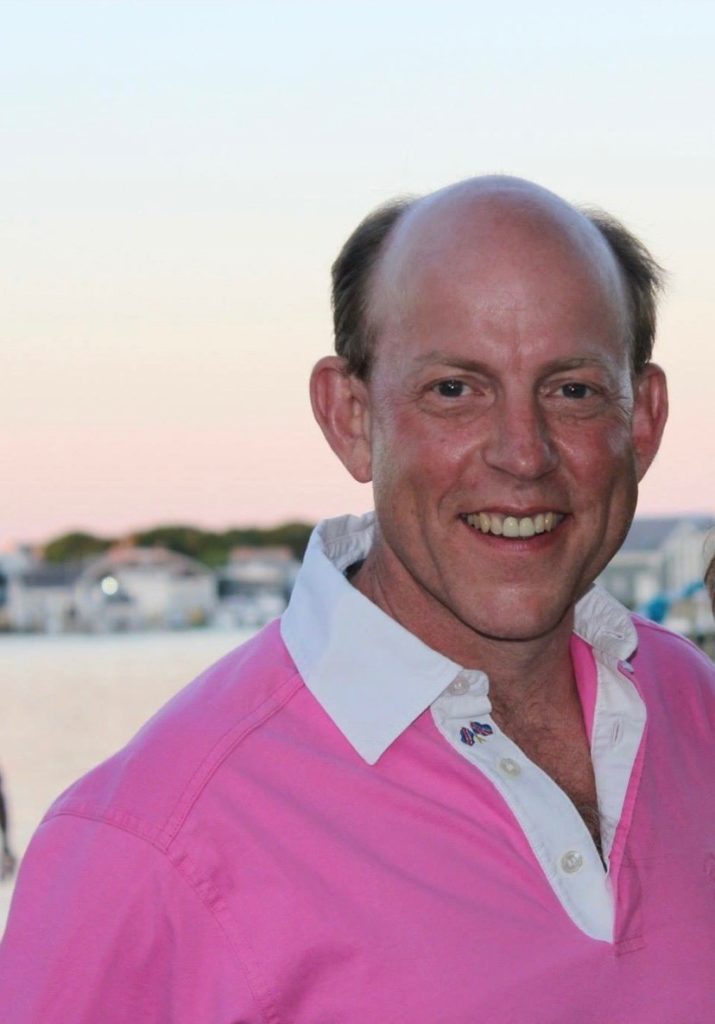Human frailty and resilience: battling back after disaster

It happened. Disaster struck. People were displaced, lives were lost, commercial structures and homes were decimated. People struggle to find the basic necessities for life. There is a surge of relief efforts, a cascade of volunteers from nonprofit organizations and a bolstering of efforts via government assistance.
Prompt and sizable responses are needed, but so, too, is organization and the ability to grasp an understanding of language and cultural barriers.
Planning is paramount at any time, but particularly when people are scrambling, when their lives have been flipped upside down. The provision of food, water, shelter and assistance with the beginning efforts of rebuilding can be a tremendous challenge, but also a massive boost to morale.
Any person who has volunteered or watched the news knows that disaster relief efforts bring out the best in all of us and the tears of grateful residents is at times as equally psychologically overpowering as the disaster itself. There is a palpable sense of human frailty, fear, resolve, resilience, relief, hope and gratitude.People are battling back – mentally, physically, spiritually and financially – from tragedies, from profound and indescribable loss. This fact should not be discounted, even as academics, insurance industry experts and organizations attempt to learn the lessons– so as to be better prepared for later.
“They can serve as laboratories for understanding the physical and social factors governing them. Valuable information gathered during the hours, days, months, and years following a disaster can lead to policies and practices that reduce the risk of loss of life, property, and natural resources,” according to a book published by the National Academies of Sciences, Engineering and Medicine titled, “A Safer Future: Reducing the Impacts of Natural Disasters.”
According to the author(s), all the information and data collected can be used to enhance assessments of risks and hazards, awareness and education, preparedness, prediction and warning, as well as mitigation.
The very nature of disasters is that they have immediate and long-term impacts on people, businesses, communities and nations. Post-disaster studies reveal the incredible, lasting domino effect and also show that lessons can be learned at every single phase of the disaster. Greater information about the immediate impacts on people, buildings, property, lifelines, economic activities and natural resources need to be gathered within the first couple of hours to days since “evidence is rapidly lost during rescue, clean-up, and recovery.”
Human suffering, the mental effects of the loss of life and property is often lasting. Emotional and psychological scars continue long after the rebuild has been completed.
This observation was made when the book was published in 1991. Twenty years later and communities are now starting to grasp that mental anguish after disasters means that survivors need food, water and shelter, and mental health support.
Often, the psychological response comes from a very real and human reaction to stimuli: for example, having extreme anxiety when it rains after living through a flood, as discussed in a recent study.
The process of recovery is complicated by trauma: physical, emotional and financial.
What is required – and what many experts are emphasizing – is a multitiered approach that encompasses all areas of concern.
We must help each other in this world. We must assist each other when and where we can. While much can be done on a human-to-human level, there needs to be policy development in the political, legal and insurance realms to facilitate and support healing.
Acknowledging and confronting the global protection gap will drive policy development. It will be tedious. It will require collaboration between the public and private sector. It will be hard work. Yet, necessary work – because disasters reveal our frailty and we have to fight to show our resilience.
The entire point of insurance protection is to be there to help people when they are physically, emotionally and financially crippled from disaster. The onus is on all of us in the public and private sectors and in particular within the insurance industry. Will we answer the call and do what is necessary and right to provide all people the support and resources to recover from a disaster?